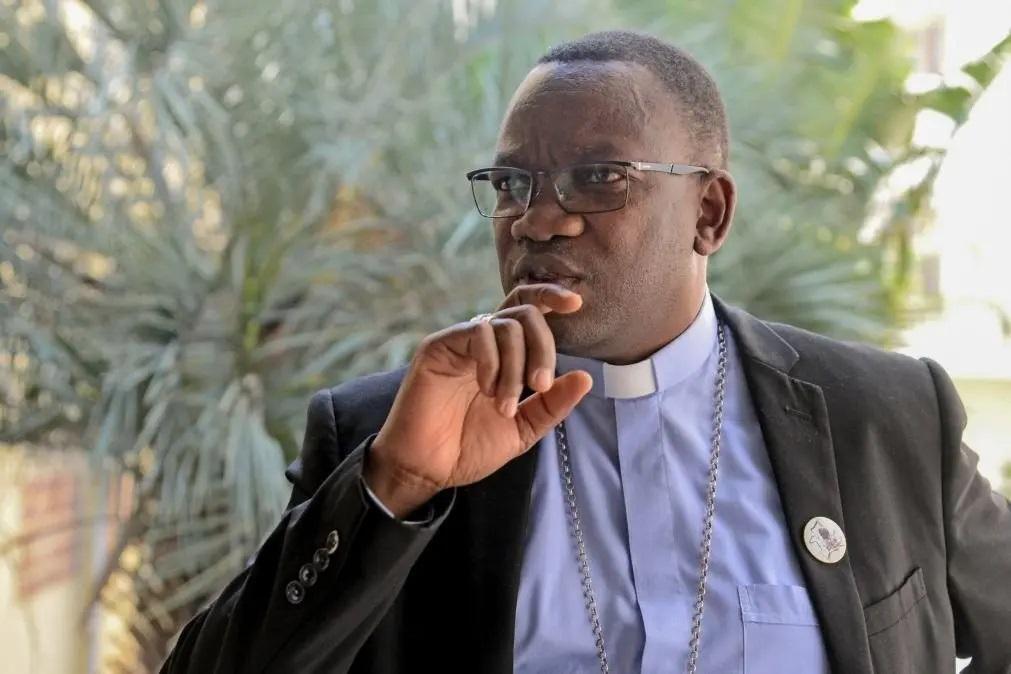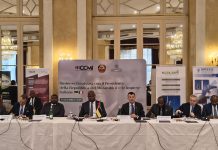Africa-Press – Mozambique. Bishop António Juliasse Sandramo, administrator of the diocese of Pemba, northern Mozambique, said on Tuesday that there is aid intended for the internally displaced persons in Cabo Delgado which does not reach those who need it and allocations of financial support which only serve administrative structures.
Some people are announcing aid, but “a good part of what should help others, stays with them, this happens,” he said, without giving details, during a mass he celebrated today in Pemba Cathedral and before a visit to Rádio Sem Fronteiras, the diocese’s radio station.
A lot of aid is destined for the displaced, “but will all the aid arrive?” he asked, noting that “they may be with someone who [should] make them arrive” and who will “take advantage” of the situation.
“There are various other things that are done in the name of good, but in the end, we [end up] serving ourselves. This is what we see. Huge salaries in the name of the poor,” and “all the aid which arrives ends up in a structure of professionals: that [aid] which will really reach those who suffer is so little,” he added, but again without details.
“We hear announcements of millions of dollars for Cabo Delgado, but of these millions, how much actually reaches the people? A good part of it is for a structure, for big cars, big salaries, big accommodation, big seminars, luxurious ones”, while “little reaches those who are really in need,” he concluded.
Asked at the end about who he was referring to, Antonio Juliasse said he was talking about all those who use the displaced for their own benefit.
The complaints of the apostolic administrator of Pemba expand those made by displaced persons, who point the finger at the local authorities: they often ask for their names to be included in supposed lists but never receive the respective support.
At the beginning of the month, the Red Cross called on neighbourhood leaders to stop drawing up lists of food aid recipients whose origin and need the organisation cannot determine and to take on the task of collecting them.
Armed groups have terrorised the province since 2017, with some attacks claimed by the rebel group Islamic State, in a wave of violence that has led to more than 2,800 deaths according to the ACLED conflict registration project and 732,000 displaced people according to the UN.






